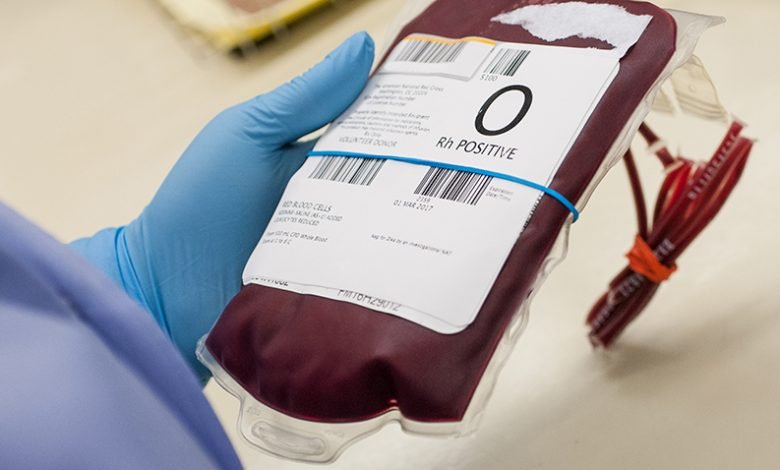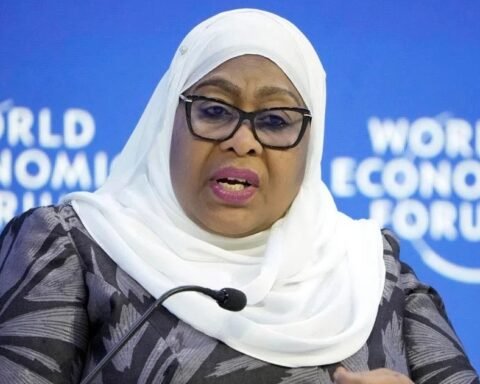Residents of Dodoma have been encouraged to donate blood regularly to help save lives, particularly for patients who may require urgent transfusions.
Dr. Leah Kitundya, head of the Central Zone Blood Collection Team, made the call during a free health screening event for non-communicable diseases held at the Nyerere recreational park in Dodoma. The initiative drew numerous community members who came for health checks while learning about the importance of blood donation.
“Every citizen has a role to play in donating blood,” Dr. Kitundya said. “Your contribution could save someone you may never meet. Blood is a vital resource, and in emergencies, it can mean the difference between life and death.”
Health experts stress that blood donation is essential not only for routine hospital procedures but also for emergency care during accidents, surgeries, and treatment of chronic illnesses. Regular donations help maintain a safe and stable blood supply, preventing shortages when demand is high. Blood transfusions are often required in life-threatening situations, making donations even more critical.
Also Read; Tanzania Appoints Mwigulu Nchemba as New Prime Minister
Despite ongoing awareness campaigns, many Tanzanians rarely donate blood due to misconceptions or fear of needles. Medical professionals emphasize that donating is safe, simple, and can be done every few months, as the body naturally replenishes lost blood.
The Central Zone Blood Collection Team is part of a nationwide effort supported by the Tanzania Red Cross to promote voluntary blood donations. Mobile clinics and community outreach programs are organized to make donating convenient and to educate the public on its life-saving benefits.
Dr. Kitundya highlighted that even a single donation can have a major impact. “One unit of blood can save up to three lives. Imagine the difference if everyone gave a little—countless lives could be saved,” she said.
Organizers also noted that donating blood is not only a medical necessity but a civic responsibility. They encouraged the public to support hospitals and clinics by maintaining a consistent blood supply, particularly during emergencies or outbreaks of disease.







